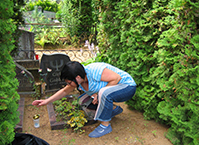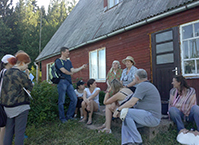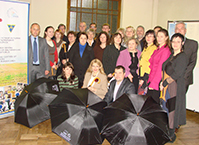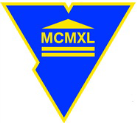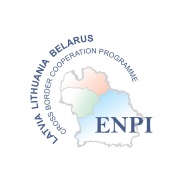How was Jāņi [Līgo, Midsummer night festival] celebrated?
Categories: Arvid Ratnieks
You know, Jāņi was celebrated also during the soviet times, though all that present-day, I would call it, the modern Latvian propaganda – that Jāņi could not be celebrated, that it was not allowed to go to church. And thus those people, who believed in God and who celebrated the holiday, they did that also during the soviet times. My uncle lived in Dārziņi, near Riga. There was a garden cooperative near Rumbula, the opposite river bank, where now Riga HES has been built, was very beautiful. I remember, that every summer we with my mother went there and several times at midsummer night festivities the whole bank was alight with fires.
When was that?
That was in the middle or the end of the sixties. The sixties, yes, yes. People were going to each other and teased one another in Līgo songs. It was celebrated in the same way in the countryside. We, the youth, already tried to withdraw from adults, though now it is not modern to say so, but we got car and tractor tyres beforehand, they were rolled for more than a kilometre to the Daugava bank. We did that because of practical reasons, there was no firewood at the Daugava bank, and who would bring firewood for a kid!
Yes, you see, those were the seventies. Young people came together; then we were singing Līgo songs, how many of them we knew. Nobody forbade anything.
Already in the middle or the end of the eighties, Līgo was celebrated also in the kolkhoz – there were several carts full of office people and those who were better singers, sometimes there was a musician with some harmonica – so they went around, congratulated all who were named Jānis. For instance, we are celebrating Līgo, there come 3-4 young people by a horse, they are singing Līgo teasing songs, my father’s name really was Jānis. Then, also in the end of the eighties, then I appeared in the kolkhoz, but they must have done that before, too. Līgo celebration took place at the kolkhoz office. There were great events organized with music, dancing, and they lasted until the next morning and midday. It all happened this way.
Video
Researcher: Dr. philol. Valentīns Lukaševičs, Daugavpils Universitāte


